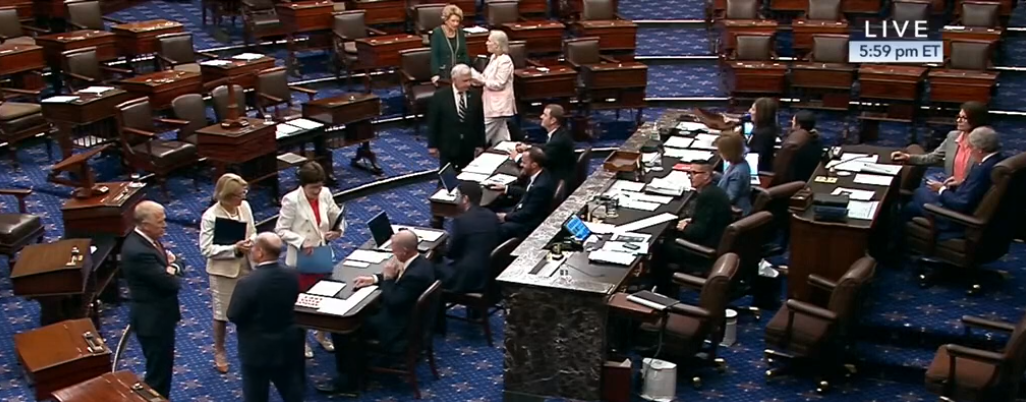
RadWaste Monitor Vol. 17 No. 25
Visit Archives | Return to Issue PDF
Visit Archives | Return to Issue PDF
RadWaste & Materials Monitor
Article 1 of 5
June 21, 2024
Senate sends major nuclear reforms bill to White House

After nearly a year of bicameral debate and dealing, the Senate on Tuesday passed a bill designed to ease exports of U.S. nuclear technology and reform the Nuclear Regulatory Commission.
It was an overwhelmingly bipartisan vote, opposed only by two of the voting…
Partner Content